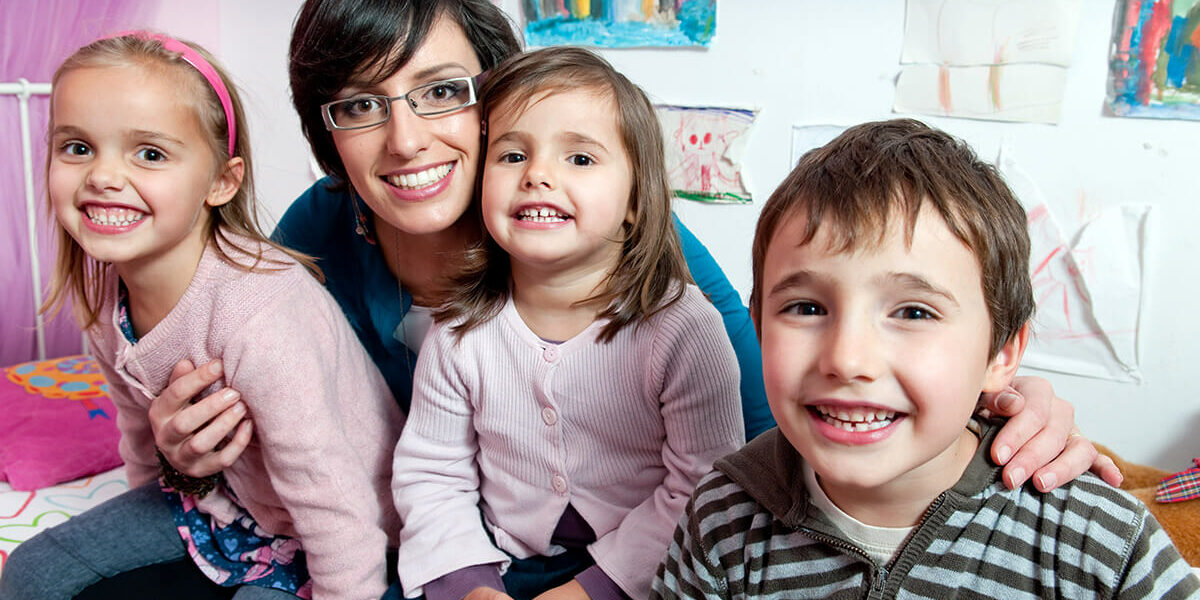Centre for Educational Development, Appraisal and Research (CEDAR)
University of Warwick
Cerebra Family Research Group
“Strengthening families”
Why our research is important
One of the biggest influences on the development of all children is their family. Children with brain conditions are no different to all other children in this respect – their development is also affected by what happens within their family. The context of the family affects all children’s development in at least three ways:
- Parents and carers approach parenting in different ways, and how parents raise their children can affect how children develop both positively and less positively.
- The economic context in which families live has a big impact on children’s development. This includes poverty, parents being out of work, and factors such as the quality of the housing in which families live.
- Parents and other family members who are under significant stress may affect the well-being of children within the family.
Within this context, the research carried out by the team at Warwick focuses on three big issues for families of children with brain conditions, specifically children with a learning disability and/or autism:
- Demonstrating that the same family factors that influence the development of all children affect the development of children with learning disability and/or autism. We do this by focusing on analysis of large UK national studies of thousands of children that also include some children with learning disability/autism (e.g., the Millennium Cohort Study). The Cerebra 1,000 Families Study is also designed to contribute to this area of research as we can now start to follow these families over time to generate new research findings that can be used to improve family life.
- How can parents and other family members can be supported to maximise positive developmental outcomes for their children with learning disability and/or autism? We address this issue by developing and/or testing interventions that can give parents key skills to be more effective in their task of raising children with learning disability/autism. We also develop and/or test interventions designed to directly improve parents’ well-being.
- Attempting to redress the balance for families of children with learning disability and/or autism. Parents and other family members of children with learning disability/autism are typically portrayed as suffering significant stress when raising their children. This is perhaps true, but misses the fact that raising a child with learning disability/autism is also a positive experience and results in many rewards for families. In our research, we explicitly study family members’ (especially parents’) positive perceptions and experiences when raising children with learning disability/autism. The Cerebra 1,000 Families Study has been designed from the start to capture positive experiences as well as the challenges of raising children with learning disability/autism.
Progress from January 2014 to December 2017
Some key indicators of progress from the Cerebra Family Research group are:
- Recruitment of 1,013 families of children with learning disability (ages 4-16 years) into the Cerebra 1,000 Families Study.
- We have grown the research group so that by December 2017 there are 14 team members working actively on family research.
- From a Cerebra investment of £270,000 over six years we have attracted approximately £2.8 million by December 2017 (four years) to support additional family research.
- Our funding initially included two full time PhD studentships from 2014-2019, and we have used that funding to part-support and attract a total of 10 PhD students – contributing significantly to the size of the future family research community in the UK.
- We have published 28 scientific research papers, and at least a further 17 outputs disseminating information about family research to family members.
- We have given 63 conference and other presentations on family research, at least 19 of which were to audiences of family members.
- We have developed active partnerships on family research with at least 22 UK and international Universities, and have provided training and internships for seven researchers (in addition to our PhD students).
Longer term impact of the Group’s research for families
Our research team’s work is always designed from the start to achieve longer term impact for families. We work with parents and external partners to use the findings from our research to influence policy and practice, and we use our research findings to develop interventions to directly support family members (especially parents). By December 2017, the following illustrate the impact of our research for families:
- We have partnered with at least 21 non-government and government organisations in the UK and internationally to carry out and use family research. Notable successes include: the use of our family research findings in two NICE guidelines and influencing a further NICE Quality Standard, several reports and guidelines produced as a part of the Transforming Care Policy Programme, and influencing (with Mencap) the Public Health Agency in Northern Ireland to include children with learning disability and their families in their early intervention policy.
- Our research group has pioneered the development and testing of mindfulness-based interventions to improve well-being for parents of children and adults with learning disability and/or autism. New research funding (from the Baily Thomas Charitable Fund) will test in a Randomised Controlled Trial design whether online mindfulness intervention can help to improve parents’ well-being.
- We have also tested an early intervention to increase the skills of parents of children with autism (funded by Autistica), and have a new project to test an early intervention for families of children with learning disability (Early Positive Approaches to Support, developed by a team that included Professor Hastings, and funded by the National Institute for Health Research Public Health Research Programme)
- Working with Cerebra (and Mencap and the Challenging Behaviour Foundation) and with parents, Dr Totsika from the Warwick team is currently developing a booklet translating our research findings into practical advice for families (funded by the Economic and Social Research Council).
You can find out more information about the team at Warwick and watch a video about their research here.









